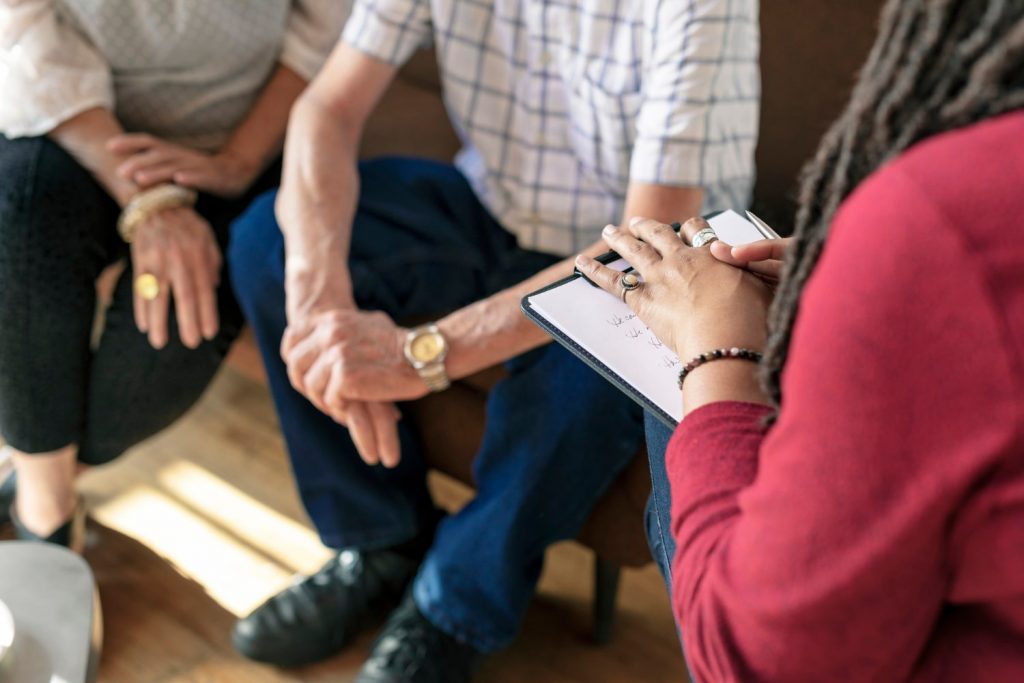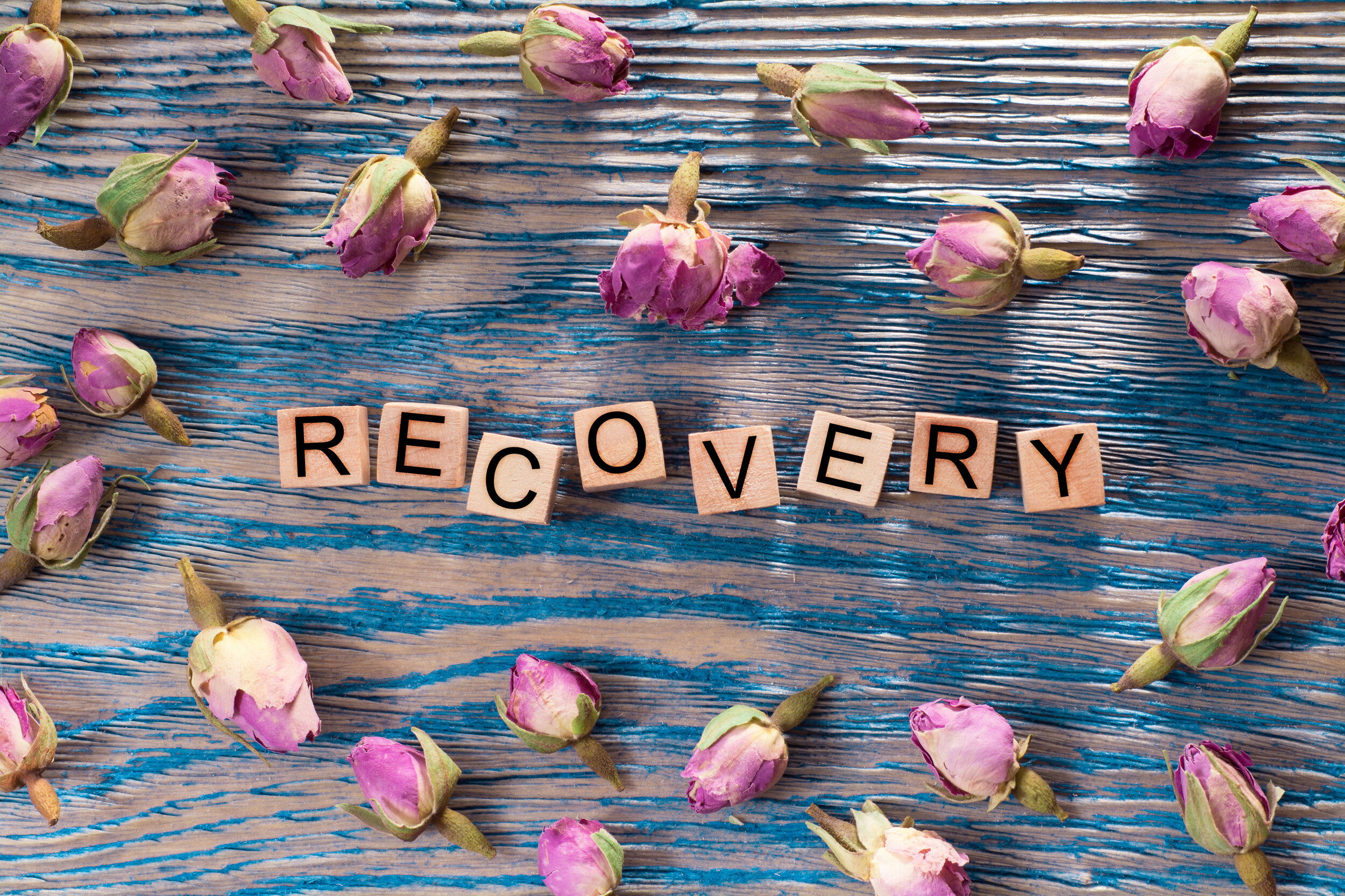The Benefits of Couples Therapy for Addiction in Ohio
Addiction is a complex and challenging experience that not only affects individuals but also the relationships they hold dear, especially romantic partnerships. In Ohio, couples dealing with addiction can benefit greatly from specialized treatment that focuses on healing both partners together. Couples therapy for addiction offers a holistic approach to recovery, ensuring that both individuals and their relationship get the support needed for long-lasting recovery. Couples Rehabs in Ohio provides comprehensive services that help couples strengthen their bond while overcoming addiction together. In this article, we’ll explore the many benefits of couples therapy for addiction, how it works, and why it’s an ideal option for couples in Ohio.
Introduction: The Importance of Healing Together
Addiction often puts significant strain on relationships. Trust can erode, communication breaks down, and emotional support diminishes. When both partners in a relationship are struggling with addiction or when one partner is grappling with substance abuse, the dynamics of the relationship can suffer. In such cases, addressing both the individual’s and the couple’s needs in therapy can make all the difference in achieving successful recovery.
At Couples Rehabs in Ohio, we understand that recovery is not a one-size-fits-all journey. That’s why we offer tailored couples therapy programs that focus on helping couples navigate the complexities of addiction, repair damaged relationships, and build a foundation for a healthier, more supportive future together. Ohio’s beautiful and serene environment provides the perfect backdrop for couples to embark on this life-changing journey.
How Couples Therapy for Addiction Works
Couples therapy for addiction combines individual therapy with joint counseling sessions to address the personal and relational aspects of recovery. The primary goal is to help couples learn healthier ways to communicate, cope with stress, and support each other through recovery. Couples Rehabs in Ohio uses evidence-based approaches to ensure that therapy sessions are productive and focused on both the individual and the relationship’s well-being.
Key Components of Couples Therapy for Addiction
- Individual and Joint Therapy: Each partner receives individual therapy to address personal challenges related to addiction, while joint therapy sessions focus on the relationship and its dynamics.
- Communication Skills: Couples therapy emphasizes improving communication between partners. Learning to express feelings, listen actively, and resolve conflicts is crucial in preventing relapse and fostering a healthy relationship.
- Building Trust: Addiction often causes trust issues between partners. Rebuilding trust is an essential part of couples therapy, as it helps repair emotional damage and re-establish a sense of security in the relationship.
- Relapse Prevention: Couples therapy also focuses on relapse prevention strategies that both partners can implement together. This includes creating a supportive environment at home, identifying triggers, and developing coping mechanisms that reduce the risk of relapse.
- Emotional Support: Addiction recovery can be an emotionally turbulent process. Couples therapy equips both partners with tools to provide emotional support to one another, creating a stronger bond and increasing the likelihood of long-term sobriety.
The Unique Benefits of Couples Therapy for Addiction
1. Strengthening the Relationship While Healing
One of the most significant benefits of couples therapy is the simultaneous healing of both the individual and the relationship. Often, addiction leads to strained relationships, and many couples feel disconnected. Couples Rehabs in Ohio offers therapy sessions that help partners rediscover their connection and rebuild their relationship on a foundation of trust and mutual understanding. Strengthening the relationship during recovery can serve as a powerful motivator for both partners to stay committed to their sobriety.
2. Accountability and Support
Recovery is challenging, but having a partner who understands and shares the journey can provide an additional layer of accountability and support. Through couples therapy, partners can hold each other accountable for attending meetings, staying on track with recovery goals, and maintaining sobriety. Couples Rehabs in Ohio provides structured programs that encourage couples to support one another, fostering a sense of shared responsibility and commitment to the recovery process.
3. Addressing Co-Dependency
In many relationships affected by addiction, co-dependency is a common issue. Co-dependency can manifest as one partner enabling the other’s addiction, or both partners being emotionally dependent on each other in unhealthy ways. Couples therapy at Couples Rehabs in Ohio addresses these co-dependent behaviors, helping both individuals develop a healthier dynamic that supports long-term recovery and emotional well-being.
4. Preventing Relapse Together
Recovery is a lifelong journey, and relapse prevention is crucial. Couples who go through therapy together learn strategies to recognize and avoid potential triggers, both individually and as a couple. By working together, they can create a supportive environment that reduces the chances of relapse. Couples Rehabs in Ohio offers relapse prevention counseling that includes strategies for both partners, allowing them to collaborate on maintaining a sober lifestyle.
5. Creating a Healthy Home Environment
A healthy home environment is essential for maintaining sobriety. Couples therapy teaches partners how to create a home atmosphere that supports recovery. This might include removing temptations, establishing routines that promote wellness, and fostering open communication. At Couples Rehabs in Ohio, we work with couples to ensure their home environment is conducive to their long-term recovery goals.
Why Choose Couples Rehabs in Ohio?
Couples Rehabs in Ohio stands out as a premier provider of couples therapy for addiction. Our tailored programs are designed to meet the unique needs of each couple, ensuring that both partners receive the support and tools they need to succeed. Here’s why Couples Rehabs in Ohio is the right choice for couples seeking addiction treatment:
1. Personalized Treatment Plans
We understand that no two relationships are the same, and neither are their challenges with addiction. At Couples Rehabs in Ohio, we create personalized treatment plans for each couple, taking into account their unique history, challenges, and goals. Our therapists work closely with couples to ensure that their treatment plan addresses both individual and relational issues.
2. Experienced Therapists
Our team of experienced therapists specializes in addiction and couples therapy. They are trained to help couples navigate the complexities of addiction recovery while strengthening their relationship. Our therapists use evidence-based techniques to ensure that every session is productive and moves the couple closer to their recovery goals.
3. Comprehensive Care
At Couples Rehabs in Ohio, we offer a wide range of services to support couples through every stage of their recovery journey. From detoxification to long-term aftercare, we provide comprehensive care that addresses the physical, emotional, and relational aspects of recovery. Our holistic approach ensures that couples receive the well-rounded support they need for lasting success.
4. Beautiful and Serene Environment
Ohio provides a serene and peaceful environment that is ideal for addiction recovery. Couples who choose Couples Rehabs in Ohio benefit from the state’s natural beauty, which offers a calming and rejuvenating backdrop for healing. Our facilities are designed to promote relaxation and reflection, allowing couples to focus on their recovery in a tranquil setting.
5. Aftercare and Ongoing Support
Recovery doesn’t end when the therapy sessions are over. Couples Rehabs in Ohio offers comprehensive aftercare services to ensure that couples continue to receive the support they need long after they complete their initial treatment program. Our aftercare services include ongoing therapy sessions, support groups, and resources for relapse prevention, helping couples stay connected and committed to their recovery goals.

Services Offered by Couples Rehabs in Ohio
At Couples Rehabs in Ohio, we offer a variety of services to meet the unique needs of couples in addiction recovery. Our services include:
- Detoxification: A medically supervised detox program to safely manage withdrawal symptoms and prepare individuals for the next stage of treatment.
- Inpatient Treatment: Intensive residential treatment that provides 24/7 care and support in a structured environment.
- Outpatient Programs: Flexible outpatient programs for couples who need continued support while balancing other responsibilities, such as work or family.
- Relapse Prevention: Programs designed to help couples recognize triggers, develop coping strategies, and avoid relapse.
- Family Therapy: In addition to couples therapy, we offer family therapy to help heal relationships with extended family members affected by addiction.
Frequently Asked Questions
1. What is Couples Therapy for Addiction?
Couples Therapy for Addiction is a specialized form of therapy where both partners participate in treatment sessions to address substance abuse issues and relationship dynamics simultaneously. At Couples Rehabs in Ohio, this therapy aims to heal both individuals and strengthen their relationship to support long-term recovery.
2. How Can Couples Therapy Improve Our Relationship During Recovery?
Couples Therapy helps partners improve communication, rebuild trust, and develop healthier coping mechanisms. By working together with the professionals at Couples Rehabs in Ohio, couples can address underlying issues that contribute to addiction and create a supportive environment for each other.
3. Is Couples Therapy Effective if Only One Partner Has an Addiction?
Yes, Couples Therapy can be effective even if only one partner is struggling with addiction. The therapy focuses on improving relationship dynamics and providing the non-addicted partner with tools to support their loved one. Couples Rehabs in Ohio tailors treatment plans to address the unique needs of each couple.
4. What Services Does Couples Rehabs in Ohio Offer?
Couples Rehabs in Ohio offers a range of services, including detoxification, inpatient and outpatient programs, individual and joint therapy sessions, relapse prevention, and aftercare support. All services are designed to support both partners throughout their recovery journey.
5. How Do We Know if Couples Therapy is Right for Us?
If addiction is affecting your relationship and both partners are willing to participate in therapy, Couples Therapy may be beneficial. Couples Rehabs in Ohio provides assessments to help determine the best treatment approach for your specific situation.
6. What Should We Expect During Couples Therapy Sessions?
During therapy sessions at Couples Rehabs in Ohio, you can expect open discussions facilitated by experienced therapists. Sessions will focus on communication skills, addressing co-dependency, rebuilding trust, and developing strategies for relapse prevention.
7. Does Insurance Cover Couples Therapy for Addiction at Couples Rehabs in Ohio?
Insurance coverage varies by provider and plan. Couples Rehabs in Ohio accepts many insurance plans and can assist you in understanding your coverage options for couples therapy and related treatment services.
8. How Long Does the Couples Therapy Program Last?
The duration of the program at Couples Rehabs in Ohio depends on the specific needs and progress of the couple. Treatment plans are personalized, and the length of therapy can vary from a few weeks to several months.
9. Can We Continue Working While Participating in Therapy?
Yes, Couples Rehabs in Ohio offers flexible outpatient programs that allow couples to continue their daily responsibilities, including work, while attending therapy sessions scheduled at convenient times.
10. How Do We Get Started with Couples Rehabs in Ohio?
To get started, contact Couples Rehabs in Ohio to schedule an initial consultation. Our team will assess your situation and guide you through the enrollment process, ensuring that you receive the support and care needed to begin your recovery journey together.
Building a Stronger Future Together
Couples therapy for addiction offers a powerful opportunity for couples to heal together, rebuild trust, and strengthen their relationship while overcoming addiction. At Couples Rehabs in Ohio, we are committed to helping couples achieve lasting recovery through personalized, compassionate care. Our experienced therapists and comprehensive services ensure that both individuals and their relationship receive the support they need to thrive.
By choosing Couples Rehabs in Ohio, couples can look forward to a brighter, healthier future—free from the grips of addiction and filled with mutual understanding, support, and love. If you and your partner are ready to take the first step towards healing together, contact us today to learn more about our couples therapy programs and how we can help you build a stronger future together.


















Recent Comments